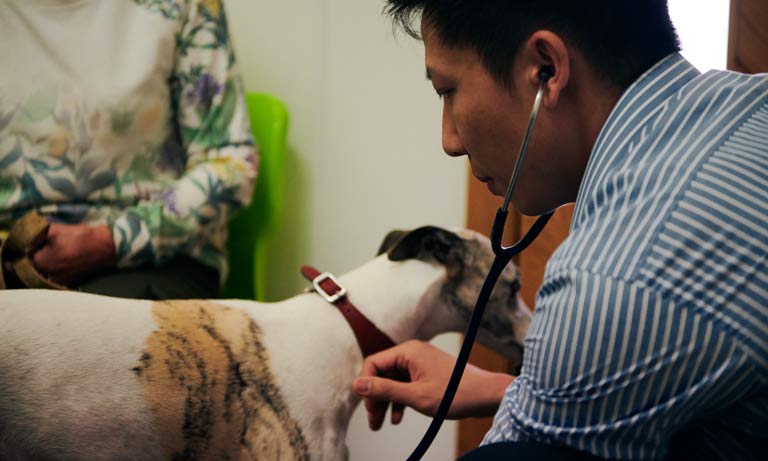British Veterinary Association responds to competition watchdog’s provisional decision and welcomes call for vet practice regulation
15 Oct 2025
BVA has published a full response to Competition and Markets Authority’s proposed remedies for the veterinary market for household pets.

The British Veterinary Association (BVA) has published its full joint response to the Competition and Markets Authority’s (CMA) potential remedies working paper, which outlines a draft package of potential measures as part of its investigation into the UK veterinary services market for household pets.
The working paper shows that the CMA has recognised the complexities and nuances of the veterinary landscape and how clinical services are delivered. It has also acknowledged the profession’s efforts to proactively address many of the CMA’s initial concerns, specifically BVA’s guidance on transparency and client choice to support practices to improve transparency around fees and practice ownership.
The working papers also back the need to reform the outdated Veterinary Surgeons Act 1966, which BVA has been pushing for, in particular the need for regulation of veterinary businesses rather than just individual vets and Registered Veterinary Nurses (RVN) who may not be accountable for business decisions.
However, BVA raises serious concerns that the remedies are disproportionate to the issues they seek to address, will unfairly impact smaller independent practices and in some cases are simply unworkable. These concerns are raised in its consultation response submitted jointly with the British Small Animal Veterinary Association (BSAVA), the British Veterinary Nursing Association (BVNA), the Society of Practising Veterinary Surgeons (SPVS) and the Veterinary Management Group (VMG).
British Veterinary Association President Dr. Elizabeth Mullineaux said:
“Given where this investigation started, it’s clear from many of these potential remedies that the Competition and Markets Authority has listened and has worked hard to understand the complexities of the veterinary landscape and how clinical services are delivered. It has rightly acknowledged the dedication of vet teams to the animals under their care and is now backing long overdue reform of the Veterinary Surgeons Act, including the need for practice regulation.
“However, we have serious concerns that the proposed remedies are completely disproportionate, and in some cases simply unworkable. If all the measures were implemented at the same time, the sheer volume and complexity would place an unacceptable burden on vet practices and could jeopardise the viability of many businesses, particularly smaller independent practices. This could have the unintentional consequence of reducing consumer choice and potentially increasing vet fees, which could in turn negatively impact animal health and welfare – precisely the opposite of what the CMA is trying to achieve.
“We’ve shared our concerns with the CMA on behalf of our members and the wider veterinary profession and have urged them to think again and come up with more targeted and proportionate measures. In some cases, these should be properly trialled and the impact on practices of all sizes fully assessed before any final decisions are made.”
Proportionality: the package of remedies is too extensive and is an entirely disproportionate response to the CMA’s identified concerns and would place an unacceptable administrative burden on practices.
Disproportionate impact on smaller independent practices: the package of remedies would disproportionately impact smaller independent veterinary businesses, which have limited capacity and resources and would likely have to increase vet fees in order to maintain financial viability.
Cost: Many of the potential remedies in the paper would require new technology solutions which would likely disproportionately impact smaller independent businesses, with costs passed onto clients.
Wider impact on veterinary services: Whilst this investigation is only targeting vet services for household pets, the proposed remedies would still impact mixed practices that care for both companion animals and larger species.
Unintended consequences: The package of remedies would increase the cost of providing veterinary services for household pets due to the very significant additional burdens placed on veterinary businesses. Some of this additional cost would inevitably lead to higher vet bills for consumers. This may in turn negatively impact animal welfare as consumers who are already struggling to afford veterinary care either delay or avoid taking their pets to the vet.
Transparency
Medicines
Regulation
Get tailored news in your inbox and online, plus access to our journals, resources and support services, join the BVA.
Join Us Today